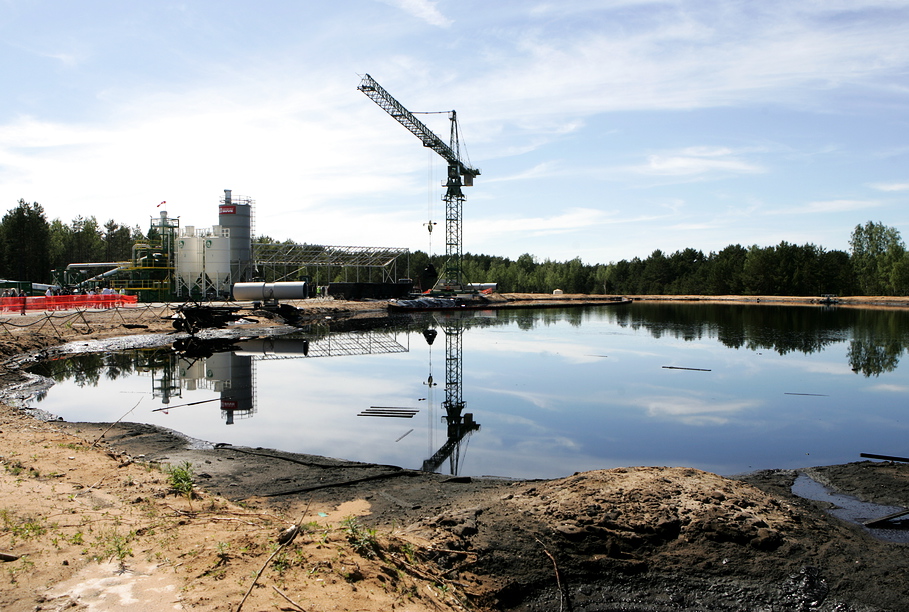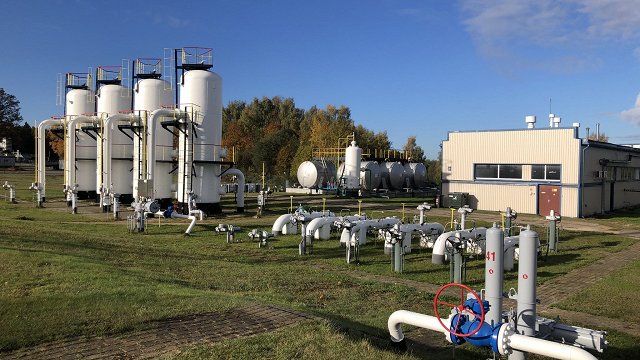The decision to cancel the contract was sent to Skonto būve on July 8. The reason for terminating the contract was inadequate fulfillment of its terms.
VVD noted that backing out of the contract is the only way that the waste site could be cleaned up without losing EU funds for the project.
"VVD has [..] become sure that the company cannot fulfill the terms of the contract, including cleaning up the northern pond. [..] Terminating the contract doesn't mean the end of this project. On the contrary, VVD will continue working on this project until its aims are completed," said VVD general director Inga Koļegova.
Previously, VVD had been sued by Skonto būve for EUR 1.8 mln which the state service hadn't paid for the cleaning done in March.
The poisonous chemicals in the landfill were dumped during the Soviet era from the perfume and medical oils industries. After independence was restored, any further dumping was prohibited at the ponds, located about 30-35 kilometers from Riga.
In 2010 a contract was signed between Skonto Būve and the VVD worth 28.49 million euros. However last year amendments to the contract were approved, raising the costs to 42.67 million euros, justified by the atypical chemical properties of the sulfuric acid tar lying in the ponds.
According to plan, the pumping out and purification process of the first level of waste inside the southern pond were to be finished by the start of summer, including the further excavation and processing of two more levels. A similar set of works on the northern pond were supposed to be done by the end of summer.





























